Vocabulary Acquisition and Use
- Plus Plan
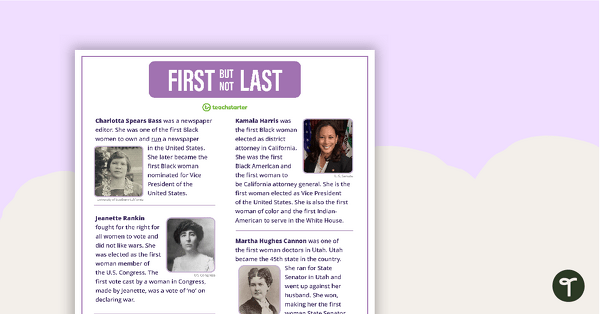
First But Not Last – Comprehension Task
An article about historic women paired with a comprehension task.
- Plus Plan
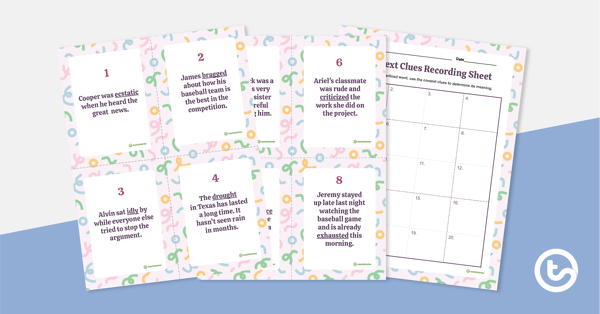
Context Clues Task Cards
Use this set of 20 task cards to help students define new vocabulary words by identifying context clues within sentences.
- Plus Plan
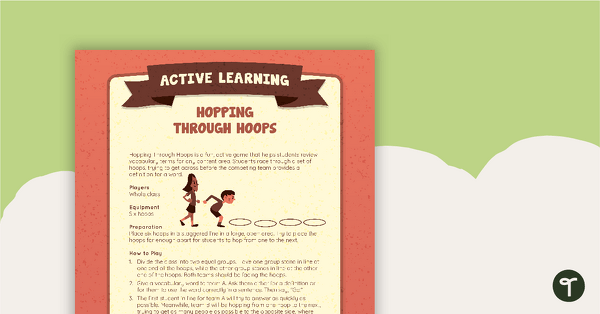
Hopping Through Hoops Active Game
An active game that allows students to review vocabulary words for any content area.
- Plus Plan
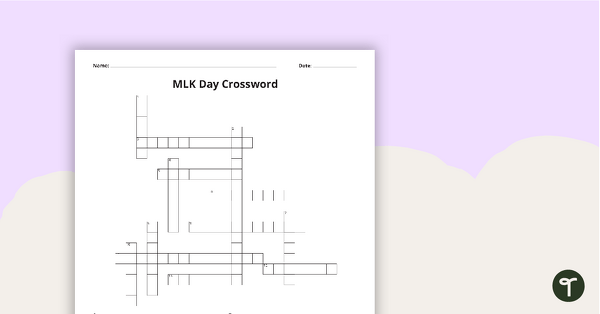
MLK Day Crossword
Identify and write vocabulary words relating to civil rights leader Martin Luther King, Jr. in our MLK crossword puzzle.
- Plus Plan
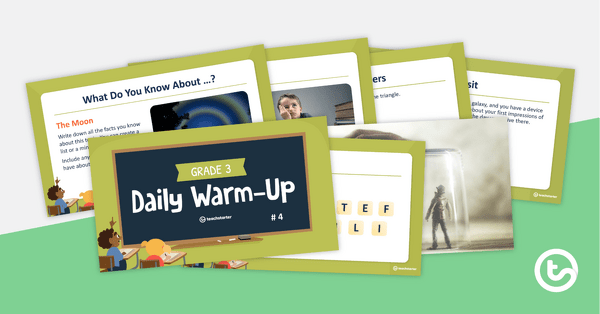
Grade 3 Daily Warm-Up – PowerPoint 4
Warm-up your students' brains with this 61-slide PowerPoint presentation containing a variety of quick activities.
- Plus Plan
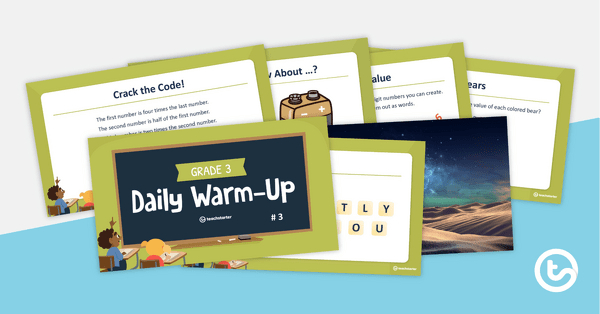
Grade 3 Daily Warm-Up – PowerPoint 3
A 61-slide PowerPoint presentation containing a variety of quick warm-up activities.
- Plus Plan
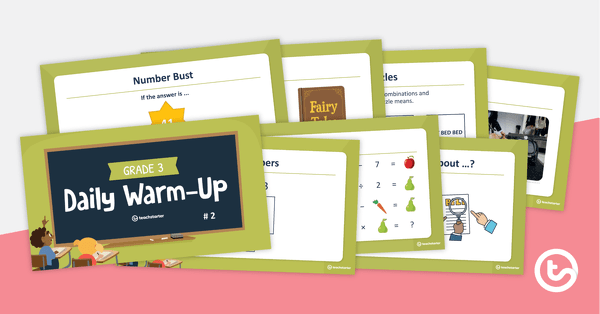
Grade 3 Daily Warm-Up – PowerPoint 2
A 64-slide PowerPoint presentation containing a variety of quick warm-up activities.
- Plus Plan
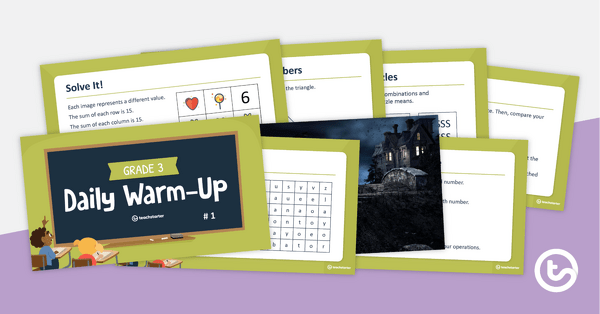
Grade 3 Daily Warm-Up – PowerPoint 1
A 68-slide PowerPoint presentation containing a variety of quick warm-up activities.
- Plus Plan
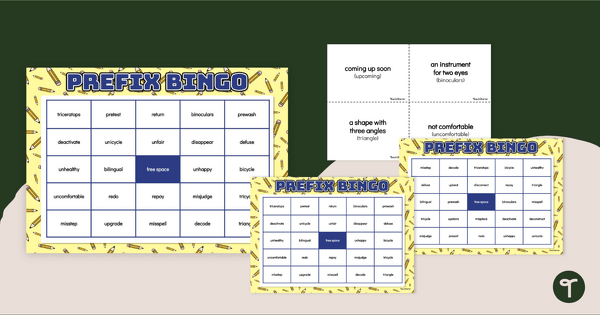
Prefix Bingo
Match prefix words to their definition by identifying the meaning of the prefix and the root word with a fun game of BINGO.
- Plus Plan
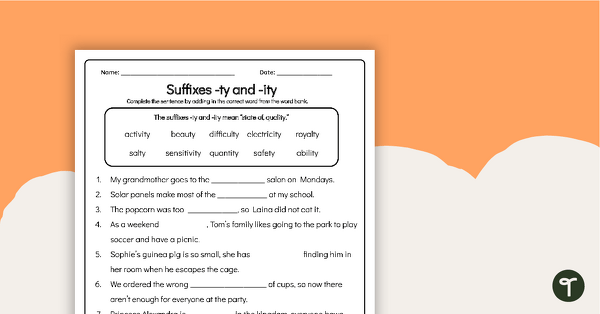
Suffix Worksheet: -ty and -ity
Practice using the suffixes -ty and -ity with a printable suffix worksheet.
- Plus Plan
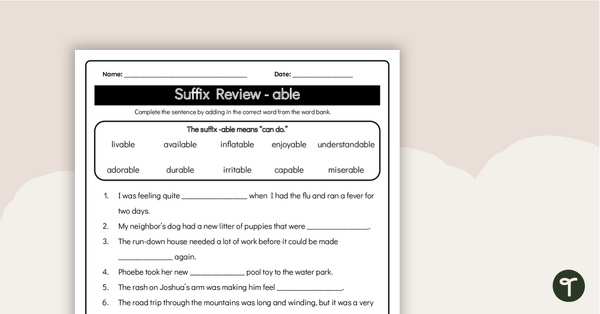
Suffix Worksheet: -able
Transform your students’ vocabulary skills with our skill-building suffix worksheet, featuring the powerful “-able” suffix
- Plus Plan
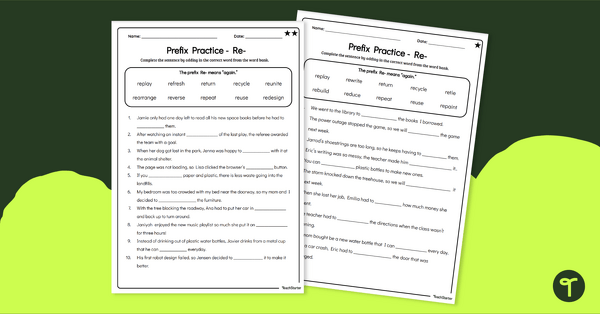
Differentiated Prefix Practice Worksheets - Re- Prefixes
Build students' understanding of the prefix re-.with a printable prefix worksheet.
- Plus Plan
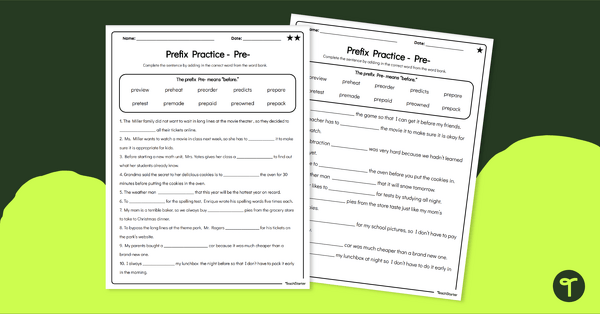
Prefix Worksheet - Words With the Pre- Prefix
Boost students' understanding of the prefix pre- with a printable prefix worksheet.
- Plus Plan
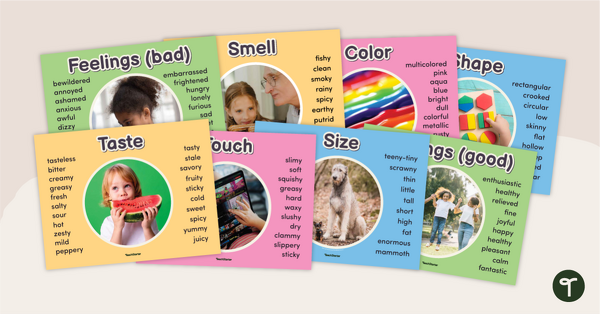
Adjective Posters
Get your students to use new words to describe objects with this set of 13 bright and colorful posters.
- Plus Plan
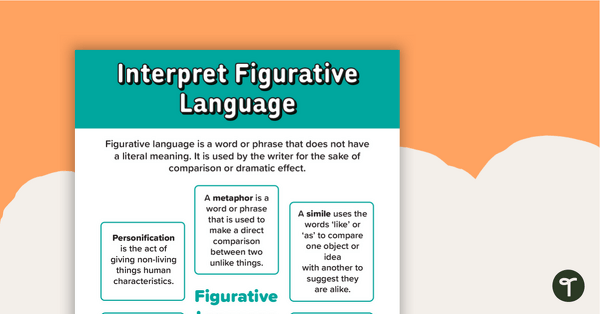
Interpret Figurative Language Poster
Provide students with a visual reminder of the types of figurative language with this classroom display poster.
- Plus Plan
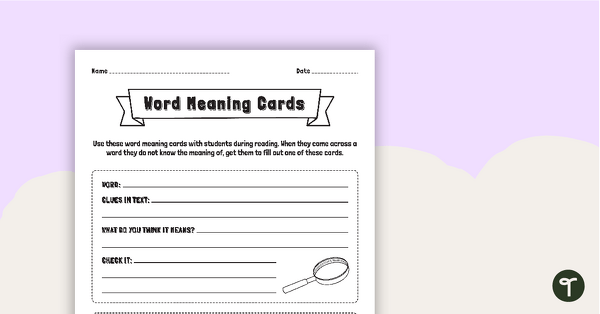
Finding Word Meaning In Context - Word Meaning Cards
A teaching resource to help teach your students how to find word meaning in context.
- Plus Plan
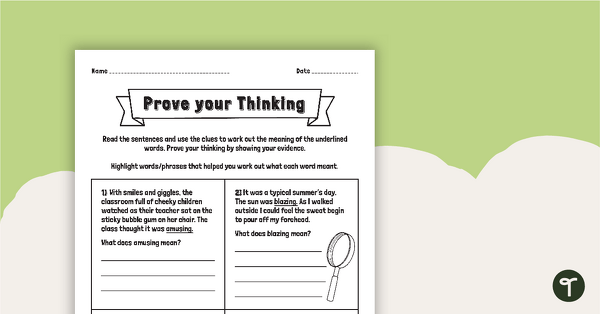
Finding Word Meaning In Context - Prove Your Thinking Worksheet
A teaching resource to help teach your students how to find word meaning in context.
- Plus Plan
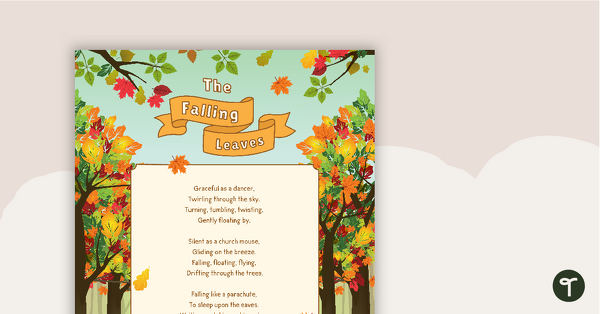
Exploring Poetry Worksheet - Alliteration
A worksheet to help students understand alliteration in poetry.
- Free Plan
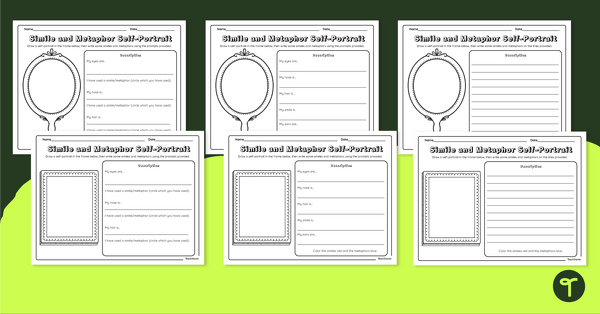
Simile and Metaphor Self-Portrait Worksheet
Teach students about similes and metaphors by asking them to describe... themselves!
- Plus Plan
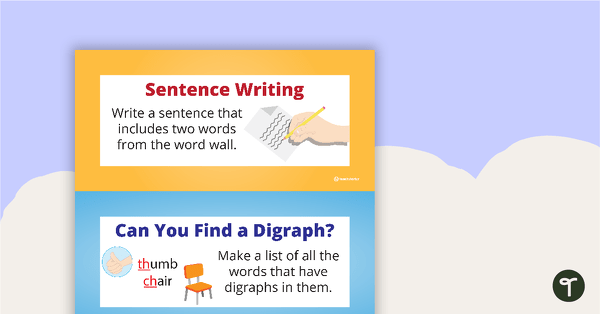
Word Wall Task Cards
30 activity task cards for use with a vocabulary word wall.
- Plus Plan
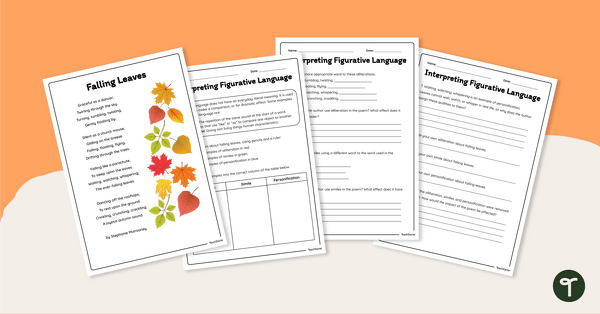
Interpreting Figurative Language - Worksheets
Explore figurative language in poetry with this age-appropriate poem and accompanying vocabulary questions.
- Plus Plan
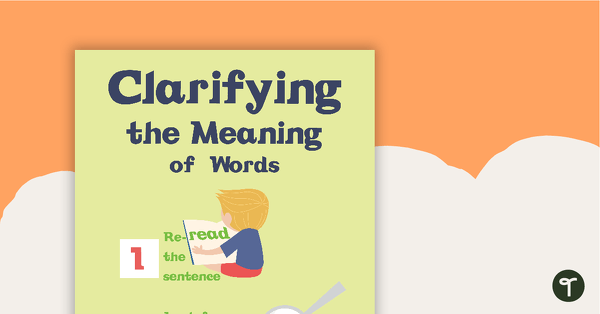
Clarifying the Meaning of Words Poster
A poster with 3 steps to clarify the meaning of words.
- Plus Plan
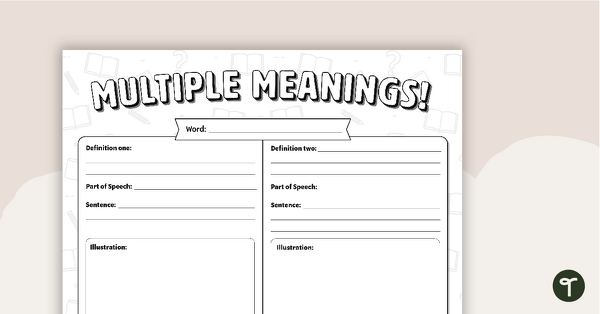
Multiple Meanings Vocabulary Worksheet
A worksheet to use in the classroom when identifying multiple-meaning words.
- Plus Plan
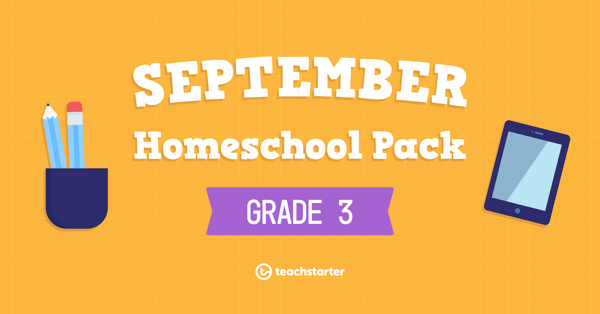
September Homeschool Resource Pack - Grade 3
A collection of age-appropriate, Grade 3 teaching resources and activities for homeschool parents to use with their children during the month of September.
- Plus Plan
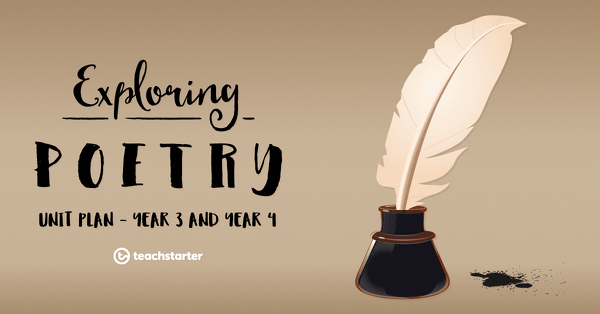
Sound Play in Poetry - Onomatopoeia
A 60 minute lesson in which students will identify and explore onomatopoeia in poetry.
- Plus Plan
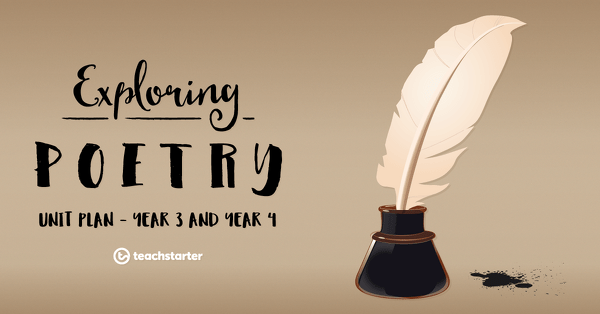
Exploring Poetry - Year 3 and Year 4 Unit Plan
This English unit addresses common poetic devices such as sound play, word play and imagery and explores how these may be applied to narrative poetry.
- Plus Plan
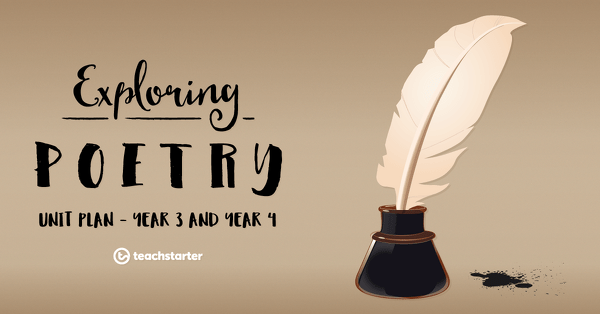
Word Play in Poetry
A 60 minute lesson in which students will identify and explore word play in poetry.
- Plus Plan
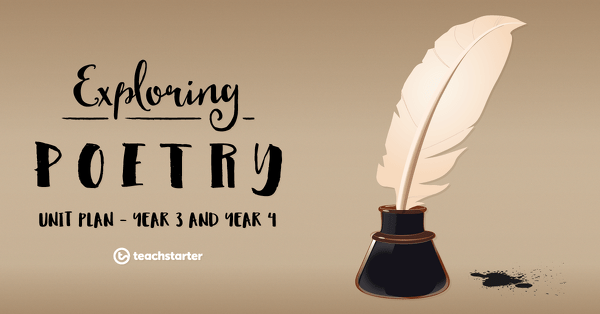
Sound Play in Poetry - Alliteration
A 60 minute lesson in which students will identify and explore alliteration in poetry.
- Plus Plan
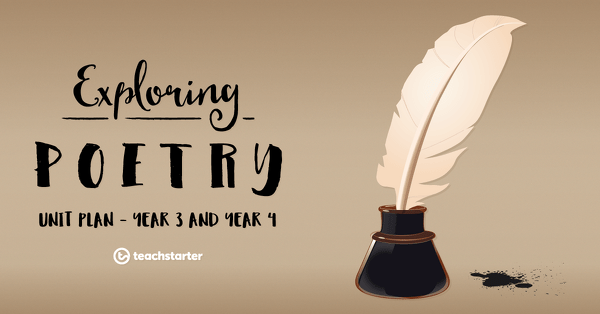
Exploring Poetic Devices
A 60 minute lesson in which students will explore the common literary devices found in poetry.